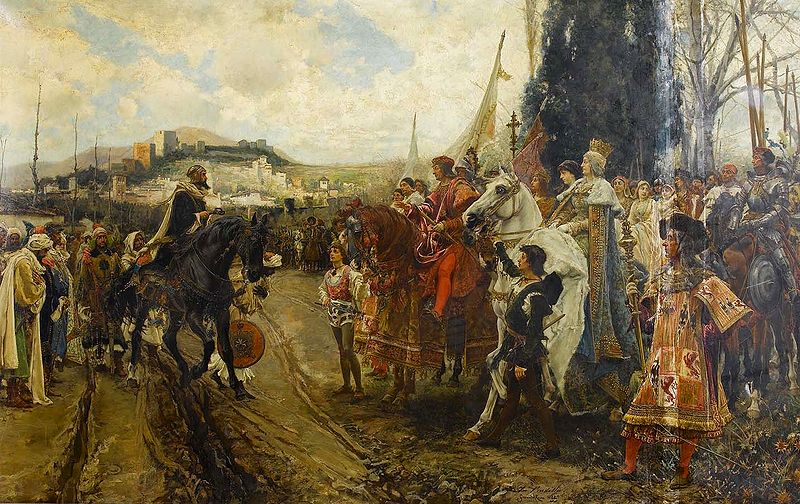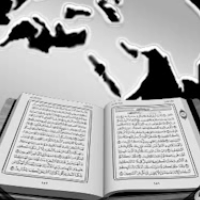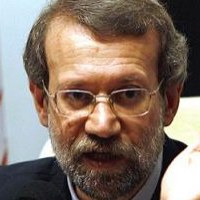![]()
Mon, Aug 08, 2011 | Middle East Forum | Hudson New York | by Raymond Ibrahim

The Spanish Reconquista ("Reconquest") was a period of almost 800 years in the Middle Ages during which several Christian kingdoms succeeded in retaking the Muslim-controlled areas of the Iberian Peninsula broadly known as Al-Andalus. The main phase of the Reconquista was completed by 1249, after the Battle of Las Navas de Tolosa, when the sole remaining Muslim state in Iberia, the Emirate of Granada, became a vassal state of the Christian Crown of Castile. This arrangement lasted for 250 years until the Castilians launched the Granada War of 1492, which finally expelled all Muslim authority from Spain. The last Muslim ruler of Granada, Muhammad XII, better known as King Boabdil, surrendered his kingdom to Isabella I of Castile, who with her husband Ferdinand II of Aragon were known as the Catholic Monarchs.
How Jihad Influenced the Norway Massacre
In his manifesto, Anders Breivik, the perpetrator of the Norway massacre, in which 80 people were killed and many wounded, mentioned the Crusades and aspects of it as they had been an inspirational factor to him. Predictably, Western elites — especially through the mainstream media — have begun a new round of moral, cultural, and historical relativism, some even conflating the terrorist with former President Bush, who once used the word “crusade.”
The fact is, there are important parallels between the Crusades and Breivik’s actions — but hardly the way portrayed by the media. Ironically, this terrorist attack, like the historic Crusades, was influenced by the doctrine of jihad.
While many are aware that historically the Crusades were a retaliation to centuries of Muslim aggression (see Rodney Stark’s God’s Battalions: The Case for the Crusades), few are aware that the idea of Christian “holy war” — notably the use of violence in the name of Christianity and the notion that Crusaders who die are martyrs forgiven their sins — finds its ideological origins in Muslim jihad.
As historian Bernard Lewis puts it, “Even the Christian crusade, often compared with the Muslim jihad, was itself a delayed and limited response to the jihad and in part also an imitation.” How? The popes offered
forgiveness for sins to those who fought in defense of the holy Church of God and the Christian religion and polity, and eternal life for those fighting the infidel. These ideas … clearly reflect the Muslim notion of jihad, and are precursors of the Western Christian Crusade.
Still, Lewis makes clear some fundamental differences:
But unlike the jihad, it [the Crusade] was concerned primarily with the defense or reconquest of threatened or lost Christian territory. … The Muslim jihad, in contrast, was perceived as unlimited, as a religious obligation that would continue until all the world had either adopted the Muslim faith or submitted to Muslim rule. … The object of jihad is to bring the whole world under Islamic law.
If the Crusades arguably find their ideological origins in jihad, so too does much of modern day terrorism. The medieval Hashashin — archetypal terrorists who gave us the word “assassin” — were, for example, a Muslim sect that pioneered the use of fear and terrorism for political gain during the Crusader era, around the eleventh-thirteenth centuries.
Because much of this background is missed by the media, more ironies abound. Many point, for instance, to Breivik’s fascination with the Knights Templar, a Crusading order, as proof that he was motivated by the Crusades. Yet, as one AP report indicates, “The Knights Templar was a medieval order created to protect Christian pilgrims in the Holy Land after the First Crusade in the 11th century.”
How exactly a military order devoted to protecting Christians inspired someone to kill innocent children in Norway is left unanswered. As one historian put it, the original Knights Templar, a “very devout people,” would be “horrified” to find themselves compared to Breivik.
Even more ironic, the Knights and Crusaders in general were frequently on the receiving end of the Assassins’ terror; far from being inspirations for terrorism, they bore the brunt of one of the earliest manifestations of Islamic terrorism.
In reality, Breivik’s actions are more inspired by the Jihad than by the Crusades, by the Assassins rather than the Templars, and by al-Qaeda — “which he cherishes great admiration for” — than the IRA. As CNN’s Fareed Zakaria correctly asserts that in Breivik’s view, “the Knights Templar resembles nothing so much as al Qaeda.”
The parallels are evident: Medieval Europe, in an effort to retaliate against an expansionist Islam, articulated a means influenced by jihad, or “holy war”: the Crusades. Today, modern Europeans like Breivik, in an effort to retaliate against an expansionist Islam, have articulated a means influenced by al-Qaeda: jihadi-style terrorism.
Some may argue that there are non-Muslim terror groups from which Breivik can draw inspiration. Even so, in a globalized world where Islam has by far the lion’s share of terrorism — where nonstop images of jihadi terror have metastasized in the media, and thus the culture — it is not hard to see from where Breivik got his inspiration.
Raymond Ibrahim, a widely published Islam-specialist, is a Shillman Fellow at the David Horowitz Freedom Center and an Associate Fellow at the Middle East Forum.
To read more about the Crusades and Islam, go Here.



 RSS
RSS










How #Jihad Influenced the #Norway Massacre | #Christianity #Breivik http://bit.ly/o6jK6R
How Jihad Influenced the Norway Massacre | Middle East news … http://bit.ly/ngjnU7
How #Jihad Influenced the #Norway Massacre | #Christianity #Breivik http://bit.ly/o6jK6R